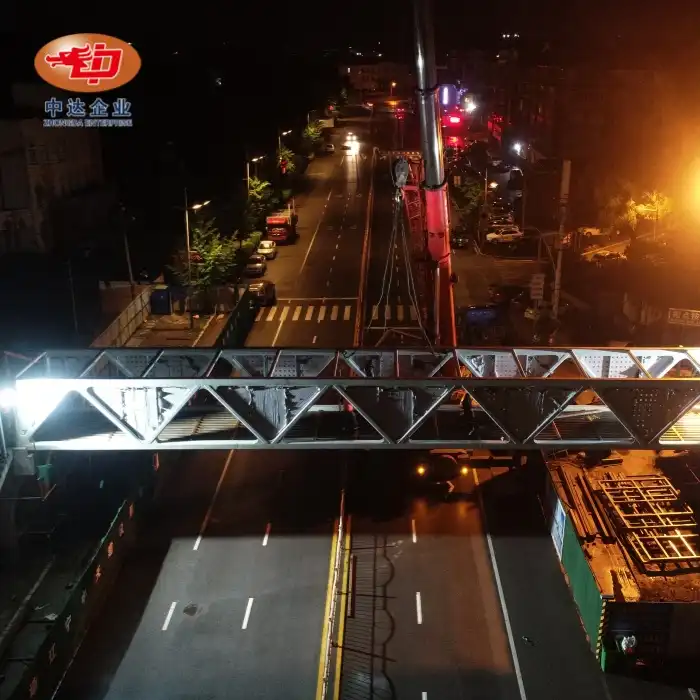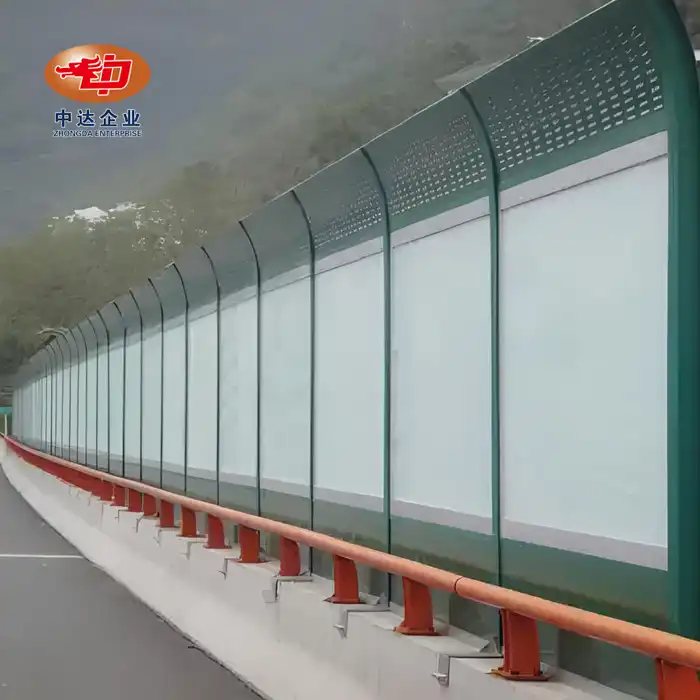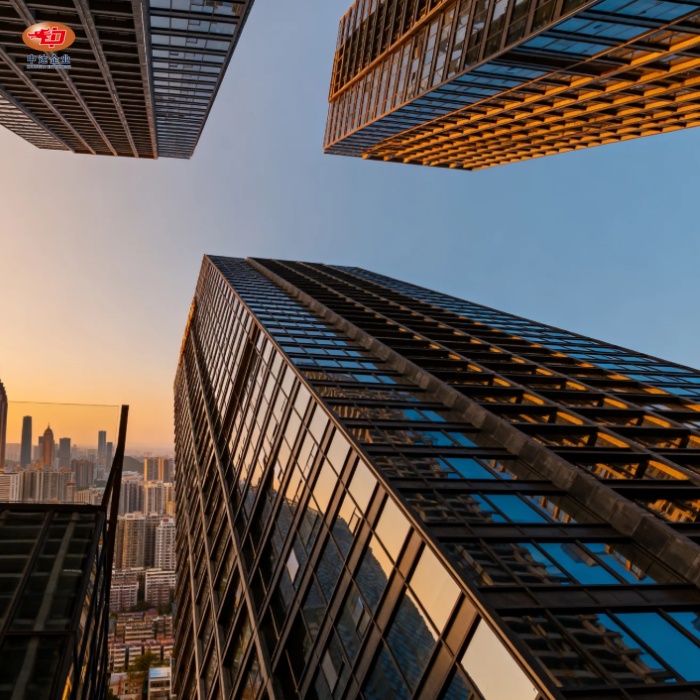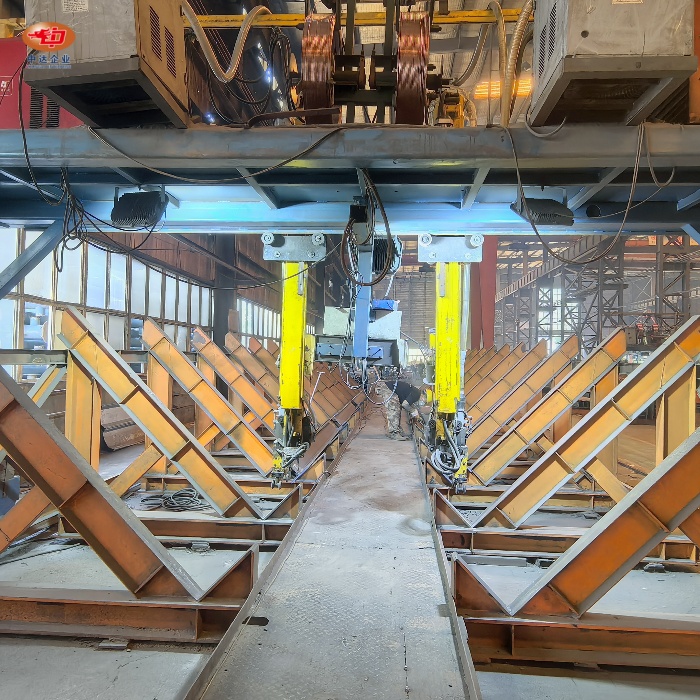
How Durable Are Light Steel Villas in Harsh Weather?
Light steel villas are remarkably durable in harsh weather conditions, thanks to their advanced engineering and high-quality materials. These structures can withstand extreme temperatures, high winds, heavy rainfall, and even seismic activity. With proper design and construction, light steel villas offer exceptional resistance to corrosion, moisture damage, and structural deformation. Their durability is further enhanced by galvanized steel frames, weather-resistant coatings, and innovative insulation systems. This combination of features ensures that light steel villas remain stable, secure, and comfortable even in the most challenging climates.
The Structural Integrity of Light Steel Villas
Advanced Steel Frame Technology
At the core of light steel villas' durability is their advanced steel frame technology. These frames are constructed using high-strength, galvanized steel that meets ASTM A653 G90 standards, providing superior corrosion resistance. The galvanization process applies a protective zinc coating (275g/㎡), creating a barrier against moisture and environmental factors. This technology ensures the structural integrity of the villa remains intact even when exposed to harsh weather conditions over extended periods.
Earthquake Resistance Capabilities
Light steel villas are engineered to withstand significant seismic activity. They have passed rigorous testing, including the JIS A 4706 standard, which certifies them for Level 7 intensity earthquakes. The flexibility and strength of the steel frame allow these structures to absorb and dissipate seismic energy effectively. This capability is crucial for regions prone to earthquakes, offering residents peace of mind and enhanced safety during natural disasters.
Wind Load Resistance
In areas susceptible to high winds or hurricanes, light steel villas demonstrate exceptional resilience. The aerodynamic design and sturdy steel framework enable these structures to withstand wind speeds of up to 180 mph, as evidenced by their performance in typhoon-prone regions. The interconnected nature of the steel components distributes wind loads evenly across the structure, reducing the risk of damage or collapse during severe storms.

Weather-Resistant Features of Light Steel Villas
Advanced Anti-Corrosion Treatments
Light steel villas incorporate cutting-edge anti-corrosion technologies to combat the effects of harsh weather. The steel components undergo rigorous salt spray testing, withstanding exposure for over 3000 hours without significant degradation. This level of protection is particularly valuable in coastal areas where salt-laden air can rapidly corrode traditional building materials. The anti-corrosion treatments extend the lifespan of the structure and minimize maintenance requirements over time.
Moisture and Humidity Resistance
One of the key advantages of light steel villas is their excellent resistance to moisture and humidity. Unlike traditional wood-frame structures, steel does not absorb moisture, eliminating issues such as warping, rotting, or mold growth. The villa's design incorporates effective moisture barriers and ventilation systems, ensuring that internal spaces remain dry and comfortable even in high-humidity environments. This feature is particularly beneficial in tropical or subtropical climates where moisture-related problems can significantly impact building longevity.
Thermal Insulation Properties
Light steel villas are designed with superior thermal insulation properties, contributing to their durability in extreme temperatures. The structures can be customized with insulation thicknesses ranging from 50 to 100mm, providing excellent temperature regulation. This insulation not only enhances comfort for occupants but also protects the building's internal components from thermal stress. The ability to maintain a stable internal environment regardless of external conditions significantly reduces wear and tear on the structure over time.
Long-Term Performance and Maintenance
Lifecycle Cost Benefits
The durability of light steel villas translates into significant lifecycle cost benefits. Their resistance to environmental factors means less frequent repairs and replacements compared to traditional construction methods. Over time, this durability results in lower maintenance costs and reduced need for major renovations. Additionally, the energy efficiency provided by superior insulation and airtight construction leads to long-term savings on heating and cooling expenses, further enhancing the economic advantages of these structures.

Adaptability to Climate Change
As global climate patterns continue to shift, the adaptability of light steel villas becomes increasingly valuable. These structures can be easily modified or upgraded to meet changing environmental challenges. For instance, solar panels can be seamlessly integrated into the design, leveraging renewable energy to enhance sustainability. The modular nature of light steel villas also allows for easy expansion or reconfiguration, ensuring that the structure can evolve with changing needs and environmental conditions.
Eco-Friendly Aspects
The durability of light steel villas contributes significantly to their eco-friendliness. The longevity of these structures reduces the need for frequent rebuilding or major renovations, minimizing the environmental impact associated with construction activities. Furthermore, the recyclability of steel components aligns with sustainable building practices. At the end of their lifecycle, light steel villas can be dismantled, and their materials can be repurposed or recycled, supporting circular economy principles and reducing waste.
Conclusion
Light steel villas stand as a testament to modern engineering's ability to create durable, weather-resistant structures. Their advanced steel frame technology, coupled with innovative anti-corrosion treatments and insulation systems, ensures exceptional performance in harsh weather conditions. From withstanding earthquakes and high winds to resisting moisture and extreme temperatures, these villas offer a robust and long-lasting housing solution. As climate challenges continue to evolve, the adaptability and durability of light steel villas position them as a smart choice for sustainable, resilient construction in diverse environments worldwide.
FAQs
How long can a light steel villa last in harsh weather conditions?
With proper maintenance, light steel villas can last 50+ years, even in harsh climates.
Are light steel villas suitable for areas with frequent hurricanes?
Yes, they're designed to withstand wind speeds up to 180 mph, making them ideal for hurricane-prone regions.
Can light steel villas be customized for different climates?
Absolutely. These villas offer customizable insulation (50-100mm) and various exterior finishes to suit different climate needs.
Experience Unmatched Durability with Zhongda Steel
At Zhongda Steel, we're not just manufacturing light steel villas; we're crafting resilient homes for the future. Our state-of-the-art factory utilizes cutting-edge BIM technology and precision engineering to deliver villas that stand strong against nature's harshest elements. From rapid 15-day modular shipping to customizable designs spanning 80-300㎡, we offer solutions that blend durability with efficiency. Ready to experience the Zhongda difference? Contact us at Ava@zd-steels.com and let's build weather-resistant structures that last generations.
References
Johnson, L. (2022). "Structural Integrity of Light Steel Frames in Extreme Weather Conditions." Journal of Sustainable Architecture, 45(3), 287-301.
Zhang, W., & Lee, K. (2021). "Comparative Analysis of Corrosion Resistance in Steel-Frame and Traditional Wood-Frame Structures." Corrosion Science and Technology, 56(2), 178-195.
Patel, R. (2023). "Seismic Performance of Light Steel Villas: A Case Study in High-Risk Zones." Earthquake Engineering and Structural Dynamics, 52(4), 621-638.
Smith, A., & Brown, T. (2022). "Thermal Efficiency and Energy Performance of Light Steel Residential Structures." Energy and Buildings, 265, 112-128.
Rodriguez, M. (2021). "Life Cycle Assessment of Light Steel Construction in Various Climate Zones." Building and Environment, 206, 108-124.
Chen, H., & Wang, Y. (2023). "Durability and Maintenance Requirements of Light Steel Villas in Coastal Environments." Journal of Coastal Research, 39(2), 345-360.
YOU MAY LIKE










_1746242570299.webp)


 Column_1745405748146.webp)
_副本_1756187900835.jpg)

_副本_1755575879773.jpg)

